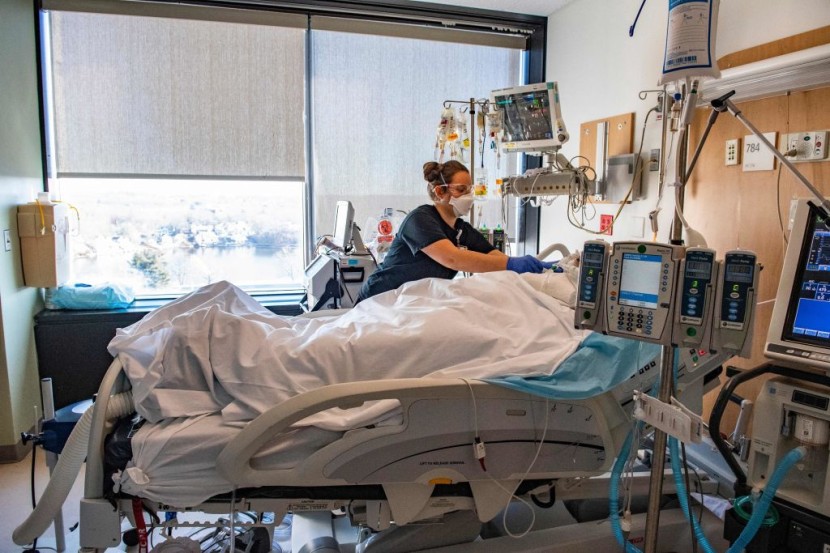New COVID-19 hospitalizations in the US are expected to increase over the next month, the Centers for Disease Control and Prevention (CDC) stated this week. Previously, the agency had predicted that the number would either stay the same or go in an uncertain trend.
New Wave of COVID-19 Hospitalizations?

A highly mutated form of COVID, labeled BA.2.86 and called "Pirola" on social media, has recently emerged in many parts of the globe, prompting a flurry of research efforts by health authorities.
The widespread mutations in this variety have attracted attention from researchers all across the world, even though it is still too soon to tell whether or not it may cause a new wave of COVID-19 hospitalizations.
In a risk assessment issued on Wednesday, August 23, the CDC said that existing COVID-19 tests and treatments appear to be effective with this variant and that new vaccinations due for rollout next month are likely to be efficient at reducing serious illness and hospitalization from BA.2.86.
Still, the CDC cautions that the high number of mutations in this strain may potentially reduce the effectiveness of protection gained via previous infections or immunizations. More studies with the BA.2.86 strain are required to fully understand its possible consequences.
After the public health emergency was declared over, it became impossible to track case trends in any meaningful way. CBS News said authorities have relied on hospital data, such as admissions and ER visits, to monitor the spread of the infection.
New COVID-19 admissions were rising prior to the appearance of BA.2.86. Infections generated by other, less-mutated types are likely to blame for the increase in hospitalizations, according to experts.
CDC said the number of people admitted to hospitals for the first time this week rose by 21.6%, making it the fifth consecutive week of rising admissions. It added that although authorities would be carefully watching rates in the coming weeks, so far, there has been no noteworthy rise in hospital patterns in localities that reported early cases of BA.2.86 compared to nearby regions.
Also Read : [STUDY] Choosing the Correct Arm for COVID-19 Vaccine Could Lead to Stronger Immune Response, But How?
Places Where New Strain Is Confirmed
South Africa, Denmark, the United Kingdom, Israel, and the US are only some of the nations where infections of BA.2.86 have been verified, as shown by data from GISAID, a worldwide database of viruses.
As of now, the variation has been documented in at least three American states: Michigan, Virginia, and Ohio.
The first patient, an elderly person who did not need hospitalization, was sequenced by researchers at the University of Michigan. Later, a sample from an asymptomatic lady who had gone to Japan was reported by the CDC's airport testing program at Dulles International Airport in Virginia. Scientists from the CDC are now analyzing that sample.
The early finding of the variation in Ohio's wastewater has also prompted the investigation of a sample from Ohio's sewers.
The agency recommends that the general public be tested themselves and use protective gear if they come into touch with those who are very susceptible to severe disease.
© 2026 HNGN, All rights reserved. Do not reproduce without permission.








